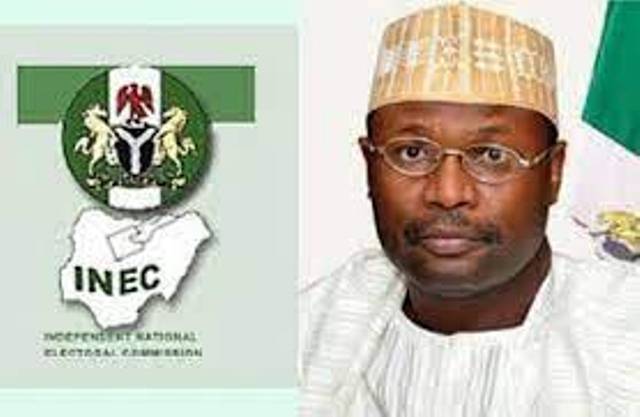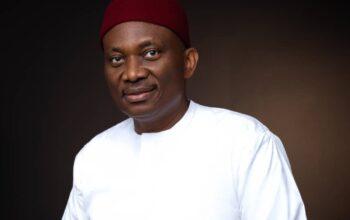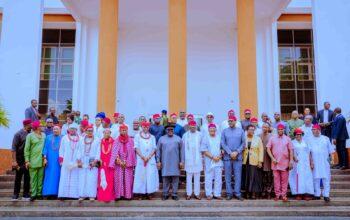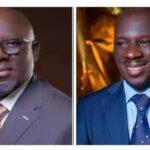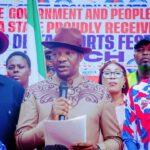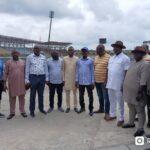Chatham House, an independent policy institute based in London, has stated in an analysis by one of its fellows that the February 25 presidential election showed that the Independent National Electoral Commission INEC failed to learn new lessons.
The London-based institute stressed that the electoral umpire failed to adhere to its own guidelines, which it enunciated before the poll, especially the one bordering on the uploading of results in real-time.
INEC had last Wednesday announced the former Lagos State governor, Bola Tinubu as winner of the keenly contested presidential poll. However, the contending parties refused to accept the verdict of the electoral umpire.
While the presidential candidate of Labour Party (LP), Peter Obi, approached the courts to overturn the result, the Peoples Democratic Party (PDP) candidate, Abubakar Atiku, who had also announced plan to challenge the outcome of the election in court, led a protest against the result on Monday.
Stating that Nigeria’s presidential election results had put disenfranchisement in the spotlight, Chatham House noted that despite boasting the biggest electoral register in Africa of 93.4million voters, fewer than 25 million valid votes were counted in Nigeria’s 2023 elections.
Writing for the body, the Associate Fellow, Africa Programme, Dr. Leena Koni Hoffmann, noted that the delayed opening of polls meant that many potential voters were not able to vote.
According to Chatham House, the results announced by chair of INEC, Prof Mahmood Yakubu, showed that the incumbent APC candidate, Tinubu, received 8.87 million votes – roughly one-third of the total.
Hoffman wrote, “The INEC’s performance and controversies over these results mean that the electoral reforms and lessons declared to have been learned were not fully applied and, as an electoral body, it was significantly less prepared than it claimed.
“The logistical failures of INEC and widespread delayed opening of polling units meant that voters who showed up at the polls early were frustrated and many voters and INEC staff were not able to locate their polling units for several hours.”
Chatham House stated, “Less than half of eligible voters could participate in the elections, despite the commission’s N305 billion budgetary allocation. While Nigeria’s youth seemed energised leading up to the elections, it seems their ability to turn out is still being hugely constrained by how difficult and potentially dangerous it is to cast a vote in Nigeria.
“The INEC’s performance and controversies over these results mean that the electoral reforms and lessons declared to have been learned were not fully applied
“At just 25.7 per cent, the elections have the lowest recorded turnout of any election since Nigeria returned to democracy in 1999, despite being the most expensive. These dwindling numbers highlight how Nigeria’s politics and state institutions continue to exclude rather than include.”
The commission’s patchy deployment of technology in the use of a Bimodal Voter Accreditation System (BVAS), Chatham House stated, was still being intensely scrutinised and criticised.
“It failed to adhere to its own statements and guidelines, which derive from its laws, that election results would be uploaded to its portal using the BVAS directly from the polling unit in real-time for the public’s viewing,” Chatham House added regarding INEC.
Saharareporters


